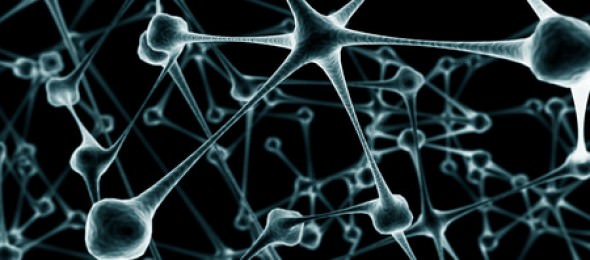Part 1 of 3
This is the first installment in a three Part series on the role of Artificial Intelligence in Online Dispute Resolution. Please join the conversation and comment below.
One of arbitration’s principle advantages is the informality with which the process is carried out.[1] Informality may lead to increased speed of dispute resolution and reduced costs.[2] However, recently arbitration has taken on some of the formal attributes of litigation, and as a result, has reduced its advantages and decreased its desirability.[3]
In response to this problem, there is a not-so-conventional answer: Online Dispute Resolution (ODR). The use of Online Dispute Resolution can help arbitration maintain its traditional informality, cost-effectiveness, and speed through the use of Artificial intelligence (AI) to help streamline processes for an arbitrator and the disputants.
ODR originally referred to processes for dispute resolution that relied on Information and Communication Technology (ICT) and were offered through the internet for addressing conflicts that arose online.[4] Subsequently, the use of these processes and mechanisms by ODR systems expanded to include aiding in the resolution of offline disputes.[5]
Understood in this way, ODR can mean any number of things, for example:
- Electronically delivered briefs
- Videoconference hearings
- Fully automated online process
It is essentially any form of dispute resolution facilitated by ICT.
Just like traditional arbitration, ODR has gained popularity as a means of facilitating inexpensive dispute resolution.
Disputants can take advantage of ODR’s best features:
- Disputants do not have to meet face to face
- The resolution process may occur whenever it is convenient for the parties
- Asynchronous communication is possible[6]
These features make ODR particularly suited for international commerce and e-commerce, where the disputants may be geographically separated or where the amount in controversy may be small.
Potential ODR users include internet service providers, data providers, e-commerce websites, and internet payment systems[7]—all sources of disputants with particular need for a quick, efficient resolution system in the same medium in which the dispute arose: the internet.
ODR in Use
Cybersettle and eBay’s dispute resolution systems provide particularly good examples of approaches to ODR:
Cybersettle has saved New York City, which used the program for personal injury and property damage claims against the City, an estimated $70,167,494 in costs.[8] Their patent for a “computer executable system and method for dispute resolution”[9] uses an “online, double-blind bid, dispute resolution system[.]”[10] In this online dispute resolution system, offers and demands are matched to reach an agreement.[11]
Dispute resolution on eBay—which employs SquareTrade to assist in handling claims—is a little more involved. Customers with a complaint can resolve it in one of two ways: through a free internet forum to negotiate a settlement or with the help of a mediator (subsidized by eBay so that the cost is only $15).[12] eBay has resolved disputes quickly and cheaply, as well as “uncover[ed] common sources of problems and . . . structure[d] information on its site so that these problems do not recur.”[13]
These models provide parties with a range of options tailored to the disputants’ needs, unlike simply an online courthouse model like iCourthouse.[14]
By combining the connectivity potential of ICT with dispute resolution procedures, clients have a process that can increase efficiency and speed, while lowering costs and providing an easy-to-use dispute resolution system.
Stay Tuned for Part 2 on Digital Disagreements where we discuss examples of AI use with ODR, Concerns raised by AI use in ODR, and the role of People in ODR!
*Grant is a J.D. and Master of Public Affairs candidate at the University of Texas. He will graduate in 2014. In addition to law, Grant enjoys hiking, soccer, and watching Law & Order.





![Digital Disagreements: Artificial [Intelligence] Arbitration](https://i0.wp.com/www.disputingblog.com/wp-content/uploads/2013/03/Calatrava-Bac-de-Roda-Bridge-.jpg?resize=150%2C150&ssl=1)





